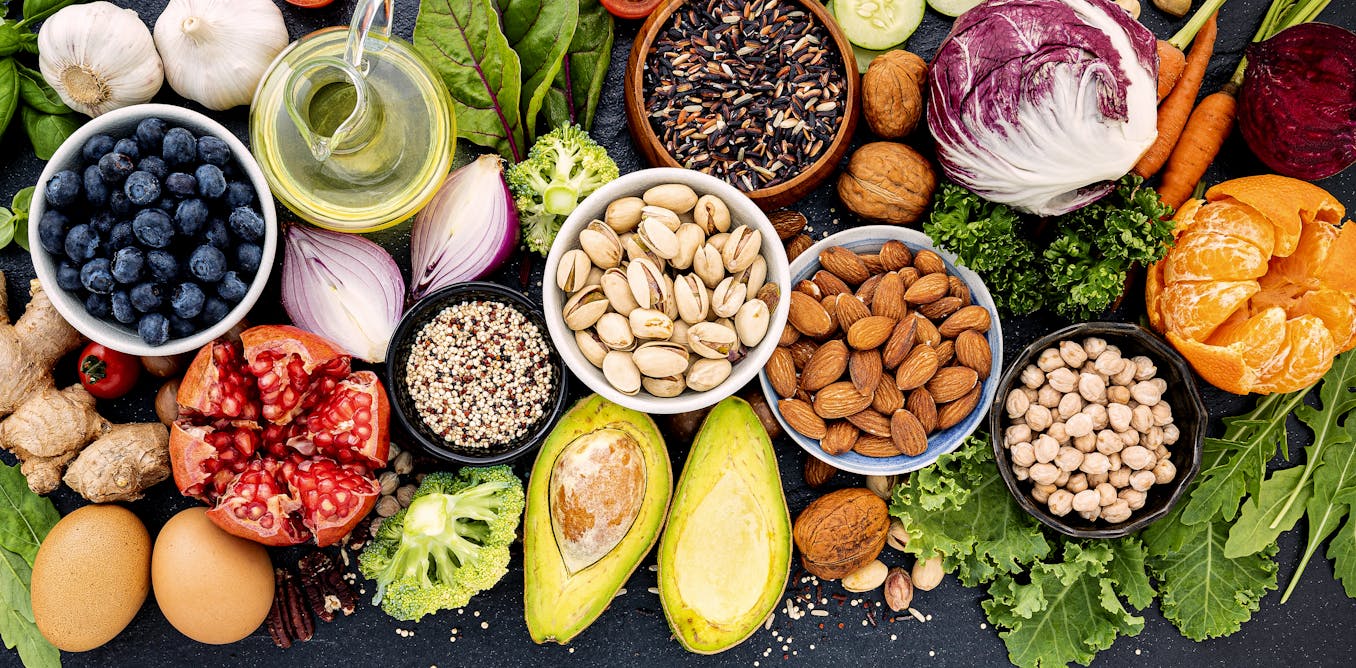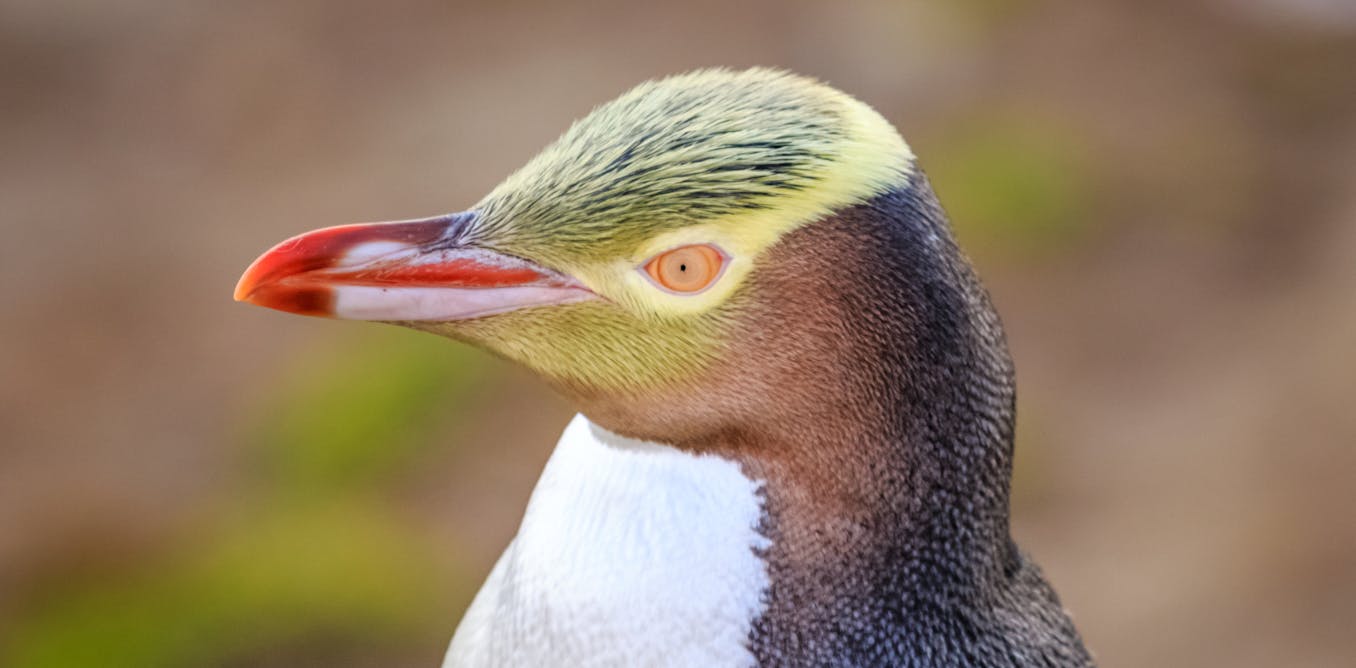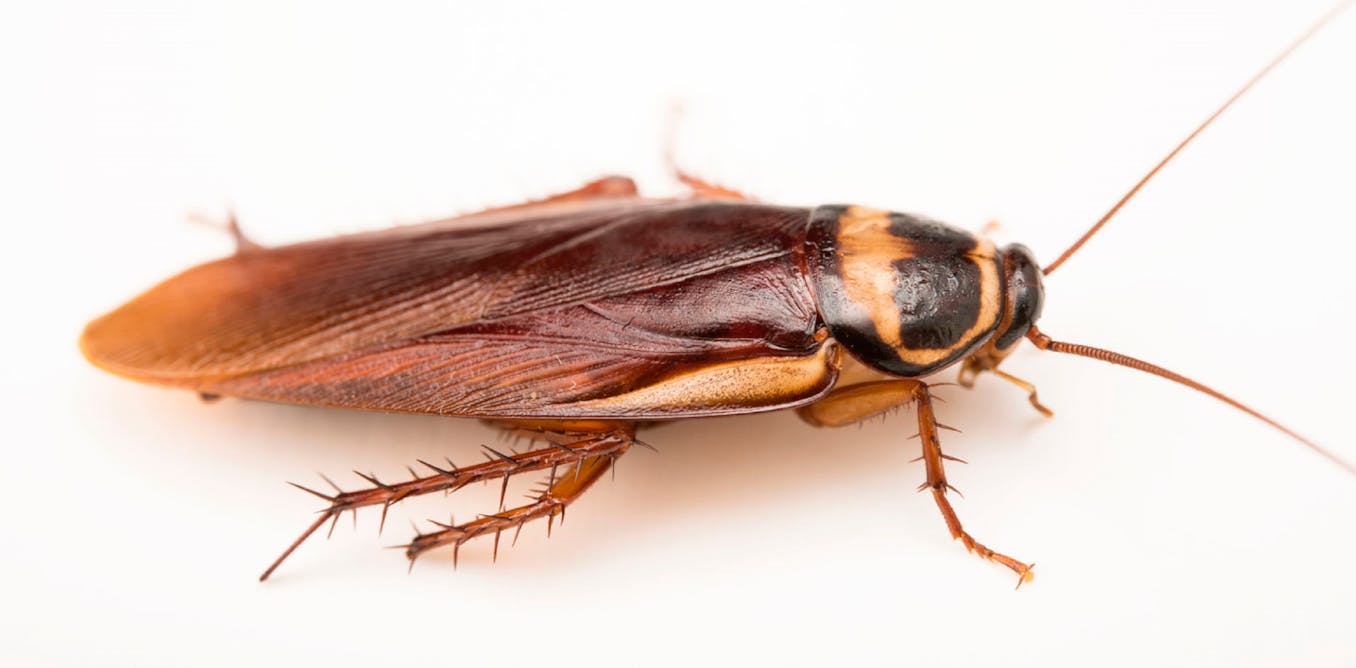Individual dietary choices can add – or take away – minutes, hours and years of life
A new study puts numbers to the health and environmental benefits – or impacts – of individual foods and shows how small changes can make a significant difference.
Aug. 18, 2021 • ~10 min





